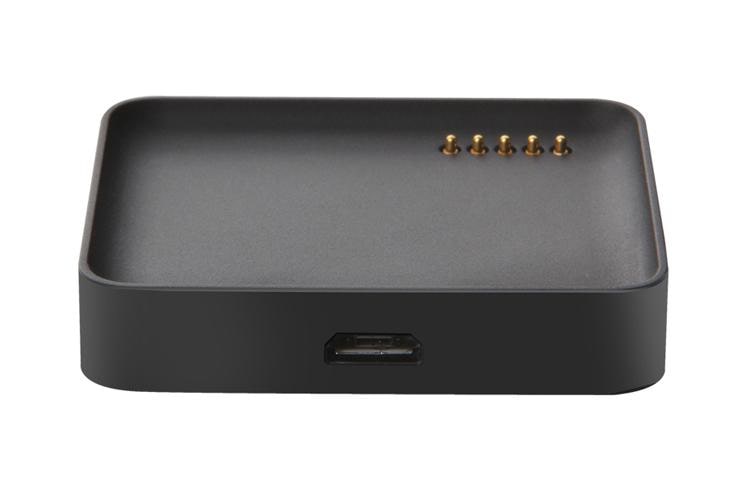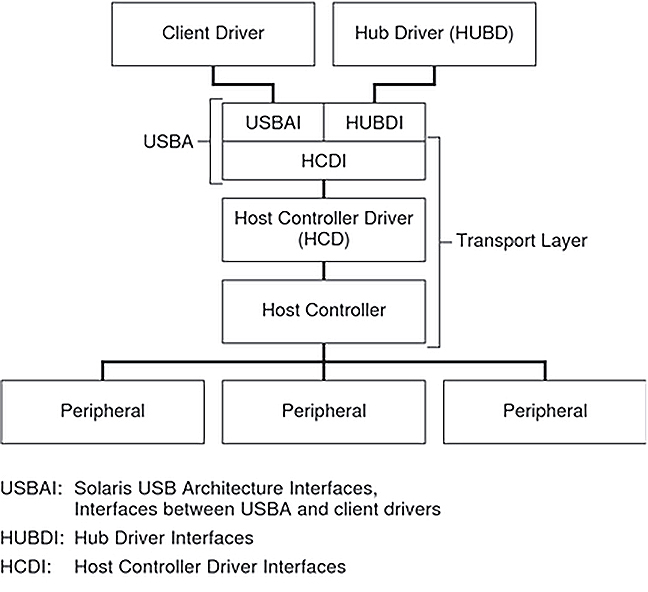If your USB device does not work the most likely problem is missing or outdated drivers. When you plug the device into your USB, Windows will look for the associated driver, if it cannot find this driver then you will be prompted to insert the driver disc that came with your device. Select the Start button, then select Settings Devices USB. If drivers were not downloaded automatically by Windows Update, use Device Manager to refresh the driver from Windows Update, or contact the device manufacturer. I’m Moli, your virtual agent. I can help with Moto phone issues. Usb driver download - Best answers Download usb driver - Best answers Spvd-012.1 usb driver for windows 10 - Forum - Drivers.

Improvements and fixes
This update includes a fix for an incorrect device driver (“Microsoft – WPD – 2/22/2016 12:00:00 AM - 5.2.5326.4762”) that was released by a third-party on March 8, 2017 that affected a small group of users with USB connected phones or other media devices that rely on Media Transfer Protocol (MTP). If the driver is on your system, when any of these devices are connected, Windows will try to install this driver. Download realtek cameras app. These devices will not be connected until the driver is removed. Pam bv usb devices driver download windows 10. This incorrect driver was removed from Windows Update the same day, but it may have been downloaded to your computer. After installing this update the incorrect driver will be removed.
How to get this update

This update will be downloaded and installed automatically from Windows Update. To get the stand-alone package for this update, go to the Microsoft Update Catalog website.
If you are not able to connect your phone or media device via USB and are not running one of these Windows versions, you can still remove this driver using the process described here:
What Is A Usb Devices

Drivers Sdt Usb Devices Adapter
- Part I Designing Device Drivers for the Oracle Solaris Platform
- 1. Overview of Oracle Solaris Device Drivers
- Device Driver Basics
- Device Driver Entry Points
- Entry Points Common to All Drivers
- Considerations in Device Driver Design
- DDI/DKI Facilities
- 2. Oracle Solaris Kernel and Device Tree
- What Is the Kernel?
- Overview of the Device Tree
- Displaying the Device Tree
- Binding a Driver to a Device
- 3. Multithreading
- Locking Primitives
- Mutual-Exclusion Locks
- Thread Synchronization
- Condition Variables in Thread Synchronization
- Choosing a Locking Scheme
- Locking Primitives
- 4. Properties
- Device Properties
- 5. Managing Events and Queueing Tasks
- Managing Events
- Using ddi_log_sysevent() to Log Events
- Queueing Tasks
- Observing Task Queues
- Managing Events
- 6. Driver Autoconfiguration
- Data Structures Required for Drivers
- Loadable Driver Interfaces
- Device Configuration Concepts
- attach() Entry Point
- Using Device IDs
- Registering Device IDs
- 7. Device Access: Programmed I/O
- Device Memory
- Device Access Functions
- Alternate Device Access Interfaces
- 8. Interrupt Handlers
- Device Interrupts
- Standard and Extended Message-Signaled Interrupts
- DDI Interrupt Functions
- Registering Interrupts
- Interrupt Resource Management
- Callback Interfaces
- Interrupt Request Interfaces
- Handling High-Level Interrupts
- Device Interrupts
- 9. Direct Memory Access (DMA)
- Types of Device DMA
- DMA Operations
- DMA Attributes
- Managing DMA Resources
- Allocating DMA Resources
- Synchronizing Memory Objects
- 10. Mapping Device and Kernel Memory
- Exporting the Mapping
- Associating Kernel Memory With User Mappings
- 11. Device Context Management
- Introduction to Device Context
- Context Management Operation
- Entry Points for Device Context Management
- Managing Mapping Accesses
- 12. Power Management
- Power Management Framework
- Device Power Management Model
- Power Management Components
- Device Power Management Interfaces
- System Power Management Model
- Entry Points Used by System Power Management
- 13. Hardening Oracle Solaris Drivers
- Oracle Fault Management Architecture I/O Fault Services
- Oracle Solaris Fault Manager
- Error Handling
- Reporting Errors
- Oracle Fault Management Architecture I/O Fault Services
- 14. Layered Driver Interface (LDI)
- Kernel Interfaces
- Layered Driver Handles - Target Devices
- LDI Kernel Interfaces Example
- User Interfaces
- Kernel Interfaces
- 1. Overview of Oracle Solaris Device Drivers
- Part II Designing Specific Kinds of Device Drivers
- 15. Drivers for Character Devices
- Device Access (Character Drivers)
- I/O Request Handling
- Data Transfer Methods
- Miscellaneous I/O Control
- 32-bit and 64-bit Data Structure Macros
- 16. Drivers for Block Devices
- Controlling Device Access
- buf Structure
- Asynchronous Data Transfers (Block Drivers)
- dump() and print() Entry Points
- Disk Device Drivers
- Controlling Device Access
- 17. SCSI Target Drivers
- Sun Common SCSI Architecture Overview
- Declarations and Data Structures
- Autoconfiguration for SCSI Target Drivers
- Resource Allocation
- Building and Transporting a Command
- Transporting a Command
- 18. SCSI Host Bus Adapter Drivers
- SCSA HBA Interfaces
- SCSA HBA Data Structures
- HBA Driver Dependency and Configuration Issues
- Declarations and Structures
- Entry Points for Module Initialization
- Autoconfiguration Entry Points
- attach() Entry Point (SCSI HBA Drivers)
- Entry Points for SCSA HBA Drivers
- Target Driver Instance Initialization
- Resource Allocation
- Command Transport
- Capability Management
- Abort and Reset Management
- SCSI HBA Driver Specific Issues
- HBA Configuration Properties
- SCSA HBA Interfaces
- 19. Drivers for Network Devices
- GLDv3 Network Device Driver Framework
- GLDv3 MAC Registration
- GLDv3 MAC Registration Functions
- GLDv3 Capabilities
- MAC Rings Capability
- Hardware Checksum Offload
- GLDv3 Data Paths
- Transmit Data Path
- Receive Data Path
- GLDv3 MAC Registration
- GLDv2 Network Device Driver Framework
- GLDv2 Device Support
- GLDv2 Declarations and Data Structures
- GLDv2 Entry Points
- GLDv2 Service Routines
- GLDv3 Network Device Driver Framework
- 20. USB Drivers
- USB in the Oracle Solaris Environment
- Binding Client Drivers
- Basic Device Access
- Device Communication
- Data Transfer
- Requests
- Data Transfer
- Device State Management
- Hotplugging USB Devices
- Power Management
- Device Power Management
- Utility Functions
- Device Configuration Facilities
- Other Utility Functions
- 21. SR-IOV Drivers
- Introduction to SR-IOV
- Overview of SR-IOV Device Driver
- Device Configuration Parameters
- SR-IOV Interfaces Summary
- Interfaces for SR-IOV Drivers
- SR-IOV Driver Ioctls
- Data Structures
- 15. Drivers for Character Devices
- Part III Building a Device Driver
- 22. Compiling, Loading, Packaging, and Testing Drivers
- Driver Code Layout
- Preparing for Driver Installation
- Installing, Updating, and Removing Drivers
- Criteria for Testing Drivers
- Testing Specific Types of Drivers
- 23. Debugging, Testing, and Tuning Device Drivers
- Testing Drivers
- Testing With a Serial Connection
- Setting Up Test Modules
- Loading and Unloading Test Modules
- Avoiding Data Loss on a Test System
- Debugging Tools
- Using the kmdb Kernel Debugger
- Using the mdb Modular Debugger
- Useful Debugging Tasks With kmdb and mdb
- Tuning Drivers
- Kernel Statistics
- Testing Drivers
- 24. Recommended Coding Practices
- Debugging Preparation Techniques
- Serviceability
- 22. Compiling, Loading, Packaging, and Testing Drivers
- Part IV Appendixes
- A. Hardware Overview
- SPARC Processor Issues
- x86 Processor Issues
- System Memory Model
- Bus Architectures
- Bus Specifics
- PCI Address Domain
- SBus
- Device Issues
- PROM on SPARC Machines
- Open Boot PROM 3
- B. Summary of Oracle Solaris DDI/DKI Services
- C. Making a Device Driver 64-Bit Ready
- General Conversion Steps
- Check Changed Fields in DDI Data Structures
- Check Changed Arguments of DDI Functions
- Modify Routines That Handle Data Sharing
- Well Known ioctl Interfaces
- General Conversion Steps
- D. Console Frame Buffer Drivers
- Oracle Solaris Consoles and the Kernel Terminal Emulator
- Console Visual I/O Interfaces
- Implementing the Visual I/O Interfaces in Console Frame Buffer Drivers
- Developing, Testing, and Debugging Console Frame Buffer Drivers
- E. pci.conf File
- A. Hardware Overview
- Index